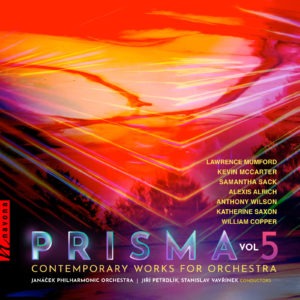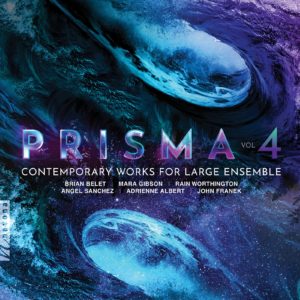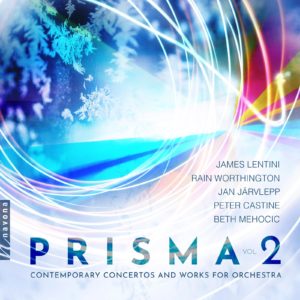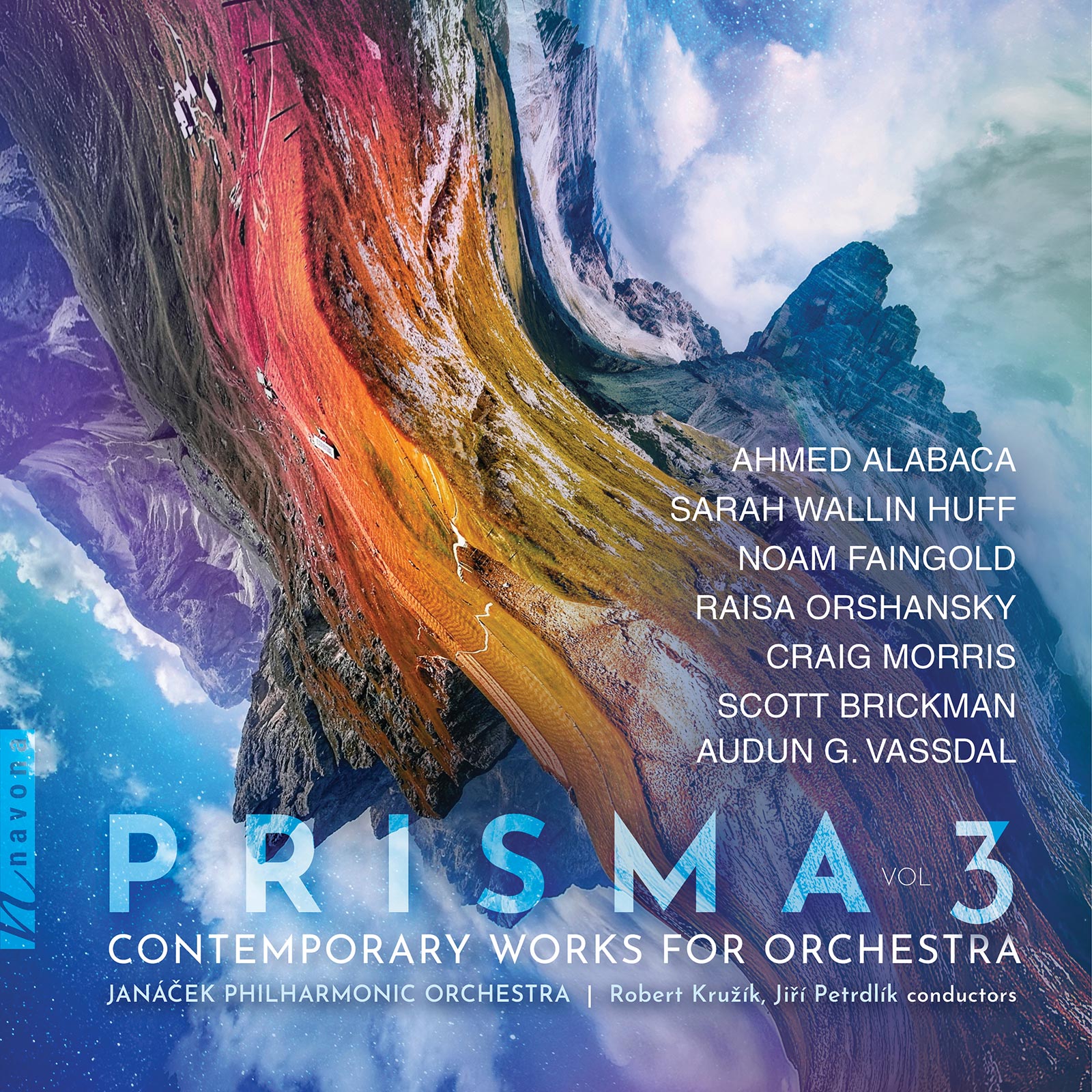
Share Album:
Prisma Vol. 3
Ahmed Alabaca composer
Sarah Wallin Huff composer
Noam Faingold composer
Raisa Orshansky composer
Craig Morris composer
Scott Brickman composer
Aldun G. Vassdal composer
Janáček Philharmonic Ostrava | Robert Kružík conductor, Jiří Petrdlík conductor
Navona Records’ exhilarating PRISMA VOL. 3 unveils the diverse faces of contemporary orchestral music. Featuring the works of seven composers, PRISMA VOL. 3 follows up the success of the first two PRISMA installments with symphonic music that is both innovative and deeply alluring.
The album opens with Ascension for Solo Clarinet and String Orchestra by Ahmed Alabaca, which pairs tender yet excitable clarinet lines with the cinematic grandeur of a string orchestra. Next comes Dark Glass Sinfonia by Sarah Wallin Huff, in which crumpled dissonances flower into exuberant tonality, capitalizing on the full dynamic range of the orchestra. The Defiant Poet by Noam Faingold follows, which lovingly commemorates the outspoken Russian poet Yevgeny Yevtushenko. Then, Raisa Orshansky’s Spring Fantasy explores themes of birth and renewal in nature, as inspired by another Russian poet— Alexander Blok. Next, Songs of the Seasons by Craig Morris utilizes chromaticism to evoke colorful images from nature, with all its hope and uncertainty. The second-to-last piece on the album is Restoration by Scott Brickman, which he describes as a “symphony in one movement”; the music, with its flirting allusions to Eastern European folk songs, celebrates Brickman’s Latvian and Polish heritage. Lastly, in Prelude & Fugue for Orchestra, Audun G. Vassdal takes liberties with classical forms to create music that is at once playful and intensely evocative.
The symphony orchestra is a powerful instrument; writing orchestral music presents significant obstacles and tantalizing opportunities for even the most skilled composer. In PRISMA VOL. 3, seven masters of this challenging artform rethink what a symphony orchestra is capable of, and in so doing, present their audience with a unique and gratifying musical experience.
Listen
Stream/Buy
Choose your platform
"One of the finest classical music albums I've heard in a very long time"
"Definitely worth exploring"
Track Listing & Credits
| # | Title | Composer | Performer | |
|---|---|---|---|---|
| 01 | Ascension for Solo Clarinet & String Orchestra | Ahmed Alabaca | Karel Dohnal, clarinet; Janáček Philharmonic Ostrava | Robert Kružík, conductor | 7:52 |
| 02 | The Dark Glass Sinfonia (We See Through a Glass Darkly) | Sarah Wallin Huff | Janáček Philharmonic Ostrava | Jiří Petrdlík, conductor | 7:38 |
| 03 | The Defiant Poet (Elegy in Memory of Yevgeny Yevtushenko) | Noam Faingold | Janáček Philharmonic Ostrava | Jiří Petrdlík, conductor | 11:50 |
| 04 | Spring Fantasy | Raisa Orshansky | Janáček Philharmonic Ostrava | Jiří Petrdlík, conductor | 5:13 |
| 05 | Songs of the Seasons: No. 1, Winter Snowfall | Craig Morris | Janáček Philharmonic Ostrava | Jiří Petrdlík, conductor | 2:27 |
| 06 | Songs of the Seasons: No. 2, Spring Raindrops | Craig Morris | Janáček Philharmonic Ostrava | Jiří Petrdlík, conductor | 2:28 |
| 07 | Songs of the Seasons: No. 3, Summer Waves | Craig Morris | Janáček Philharmonic Ostrava | Jiří Petrdlík, conductor | 3:33 |
| 08 | Songs of the Seasons: No. 4, Fall Colors | Craig Morris | Janáček Philharmonic Ostrava | Jiří Petrdlík, conductor | 3:37 |
| 09 | Symphony No. 4 "Restoration" | Scott Brickman | Janáček Philharmonic Ostrava | Jiří Petrdlík, conductor | 10:54 |
| 10 | Prelude & Fugue for Orchestra | Audun G. Vassdal | Janáček Philharmonic Ostrava | Robert Kružík, conductor | 11:16 |
All tracks
Recorded at Dům kultury města Ostravy (The Ostrava House of Culture) in Ostrava, Czech Republic
Session Producer Jan Košulič
Session Engineer Aleš Dvořák
Assistant Engineer Maroš Hlatký
Tracks 1, 10
Recorded July 3-4, 2019
Sessions Producer Jan Košulič
Tracks 2-9
Recorded February 26-28, 2019
Co-producer Bob Lord
Jered Albertus copyist for Songs of the Seasons
Executive Producer Bob Lord
Executive A&R Sam Renshaw
A&R Director Brandon MacNeil
A&R Danielle Lewis
VP, Audio Production Jeff LeRoy
Audio Director, Editing & Mixing (tracks 2 - 8) Lucas Paquette
Editing & Mixing (tracks 1, 3, 10) Jan Košulič
Editing & Mixing (track 9), Mastering Shaun Michaud
Recording Sessions Director Levi Brown
International Recording Sessions Manager Jan Košulič
Recording Sessions Assistant Emma Terrell
VP, Design & Marketing Brett Picknell
Art Director Ryan Harrison
Design Edward A. Fleming
Publicity Patrick Niland, Sara Warner
Artist Information

Ahmed Alabaca
Ahmed Alabaca is an African American composer, conductor, songwriter, pianist, and community facilitator creating power and possibility, through music, for himself and the diverse communities he is a part of. Raised in San Bernardino CA, in a low-income community, Alabaca knows the value of hard work and perseverance in the face of systemic and interpersonal challenges. Alabaca’s vision is “a new renaissance” for underrepresented composers, which centers on the works of people of color and creates opportunities for them to perform, record, and archive their work.

Sarah Wallin Huff
Sarah Wallin Huff is a music lecturer at California Polytechnic University of Pomona, teaching “History of Technology in Music,” for which she published an original textbook with Great River Learning in 2019. She received her M.A. in Music Composition at Claremont Graduate University in 2008, and was the Professor of Composition and Advanced Theory — as well as conductor of the Chamber Ensemble — at The Master’s University in Santa Clarita from 2012-2016.

Noam Faingold
Composer Noam Faingold’s music has been described as "...lyrical…," "...exhilarating…," and "...a tour-de-force of Jazz melded with Classical..." by sources as varied as The New York Times, The BBC, Downbeat Magazine, and The Tulsa World among others. His crossover ensemble Burning City Orchestra’s debut album was described as "21st century acoustic electric art music” (Rich Fisher, Public Radio Tulsa).

Raisa Orshansky
Raisa Orshansky commenced her formal musical training at Vitebsk College of Music, where she specialized in folk instruments. She went on to graduate studies at Minsk Belarusian State University of Culture and Arts, where she studied orchestra conducting.
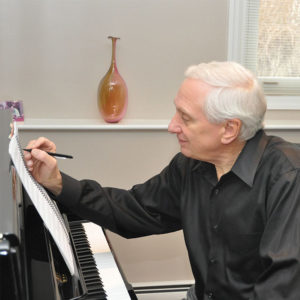
Craig Madden Morris
Craig Morris has been composing music since the age of 11. He studied composition with Shirley Bloom, Kevin Scott, and Joelle Wallach and also studied violin, piano, and voice. He played violin with the Bronx Symphony Orchestra for many years and presently plays with the Ridgewood Symphony. He has sung professionally as a cantor for over 40 years. His music has been performed by the Ridgewood Symphony, the Bronx Symphony Orchestra, the Brno Philharmonic, the Janacek Philharmonic Orchestra, the Fifth International Music Festival of Buenos Aires, and the Chamber Music Society of Formosa. His compositions include piano sonatas, orchestral suites, violin, cello and clarinet concerti, a concert duet for soprano and tenor, choral compositions, and a sacred service for the Sabbath. Arise My Love and The Rubaiyat were chosen as finalists in the 2010 Meistersingers Choral Competition.

Scott Brickman
Scott Brickman (b. 1963, Oak Park IL) is passionate about sports, his Baltic and Slavic ancestry, and culture. He loves traveling through Central, Eastern, Northern Europe, and Canada, which is a mere kilometer from where he currently lives. Currently he is Professor of Music and Education at the University of Maine at Fort Kent where he has taught since 1997. Though scholarship has not been the focus of his activities, he recently presented papers on set theory, jazz history, and music education in Strasbourg, France, Lviv, Ukraine, and Liepaja, Latvia respectively. His orchestral music has been performed and recorded by ensembles in Croatia, Czechia, Moldova, Poland, and Ukraine.
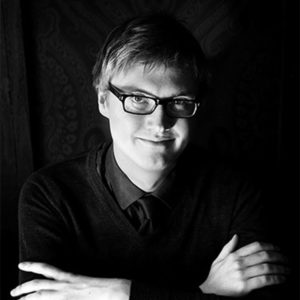
Audun G. Vassdal
Audun G. Vassdal is a Norwegian composer currently located in Los Angeles. Vassdal started playing instruments at an early age, and his obsession with understanding how music and instruments works led him to pursue music further. He is primarily a pianist, and attended a high school with a music education. This is where he discovered his passion for composition, and decided that being a composer would be his life goal. Being fascinated by many forms of music, he has pursued an education in both classical music and film music, as well as other genres.
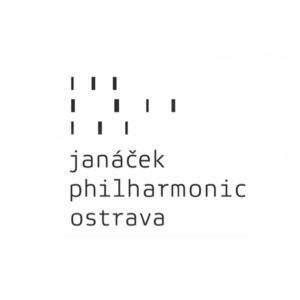
Janáček Philharmonic Ostrava
The Janáček Philharmonic is a world-class symphony orchestra based in Ostrava, Czech Republic and an emerging figure on the international performance scene. With over 100 top-level musicians, the orchestra aims to introduce unique, quality repertoire while showcasing their own recognizable sound.
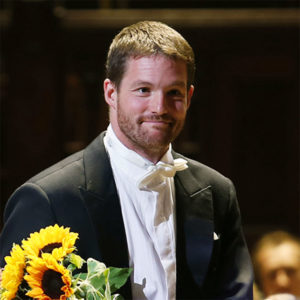
Jiří Petrdlík
Jiří Petrdlík (b. 1977) is appreciated as one of the most respectable conductors of his generation. He studied piano, trombone, and conducting — 1995–2000 at Prague Conservatory, and 2000–2005 at Academy of Performing Arts Prague — with Hynek Farkač, Miroslav Košler, Miriam Němcová, Radomil Eliška, and Tomáš Koutník, and took part in the masterclasses of the New York Philharmonic Principal Conductor Kurt Masur and the BBC Philharmonic Principal Conductor Jiří Bělohlávek. Petrdlík also successfully took part in several competitions, including the Donatella Flick Conductor Competition in London.
